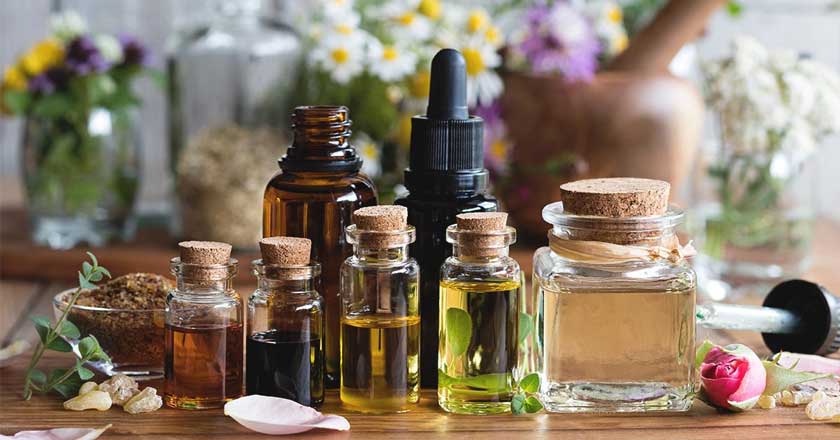Harmful Effects Of Common DIY Ingredients On Your Skin
Taking care of your skin is essential for maintaining its health and appearance. However, not all skincare ingredients found in DIY recipes are safe and beneficial for your skin. In this article, we will explore the harmful effects of common DIY ingredients on your skin and why it's important to be cautious when using them. By understanding these risks, you can make informed choices and protect your skin from potential damage.
I. The Risks of Lemon Juice:
Lemon juice is a popular DIY ingredient due to its natural acidity and potential skin-brightening properties. However, using undiluted lemon juice directly on your skin can lead to adverse effects. The high acidity can disrupt your skin's pH balance, causing dryness, irritation, and even chemical burns. It is important to dilute lemon juice properly and perform a patch test before applying it to your face or body.
II. The Dangers of Baking Soda:
Baking soda is often used in DIY skincare recipes for its exfoliating and cleansing properties. While it can be effective in removing dead skin cells, it is also highly alkaline and can disrupt the skin's natural pH balance. Prolonged or excessive use of baking soda can lead to skin irritation, dryness, and sensitivity. It is crucial to use baking soda with caution and in moderation to avoid potential harm to your skin.
III. The Harshness of Toothpaste:
Toothpaste is sometimes recommended as a quick fix for acne spots due to its drying and antimicrobial properties. However, most toothpaste formulations contain ingredients like menthol, fluoride, and sodium lauryl sulfate, which are not intended for application on the skin. These ingredients can cause skin irritation, redness, and even allergic reactions. It is best to avoid using toothpaste as a spot treatment and opt for skincare products specifically designed for acne treatment.

IV. The Irritation Potential of Essential Oils:
Essential oils are commonly used in DIY skincare for their aromatic and potential therapeutic properties. However, many essential oils are highly concentrated and can cause skin irritation, especially when applied directly. It is important to properly dilute essential oils in carrier oils before use and perform a patch test to check for any adverse reactions. Additionally, certain essential oils, such as citrus oils, can increase the skin's sensitivity to sunlight, leading to sunburns or pigmentation issues.
V. The Misuse of Homemade Exfoliants:
Homemade exfoliants, such as sugar or salt scrubs, can be tempting to use for achieving smooth and glowing skin. However, these DIY exfoliants can have jagged edges and uneven textures, which can cause micro-tears in the skin, leading to irritation and inflammation. It is recommended to opt for commercially available exfoliating products that are specifically formulated for gentle and effective exfoliation.

While DIY skincare can be appealing and cost-effective, it is important to be aware of the potential risks and harmful effects associated with common DIY ingredients. Lemon juice, baking soda, toothpaste, essential oils, and homemade exfoliants can all pose risks to your skin's health and appearance if not used properly. It is advisable to consult with a dermatologist or skincare professional for personalized recommendations and to ensure the safety and effectiveness of your skincare routine. By prioritizing your skin's health and being cautious with DIY ingredients, you can maintain a healthy and radiant complexion.
Discover the harmful effects of common DIY ingredients on your skin and why caution is crucial. Allaymeds, a compounding pharmacy, provides safe alternatives for maintaining healthy and radiant skin.
